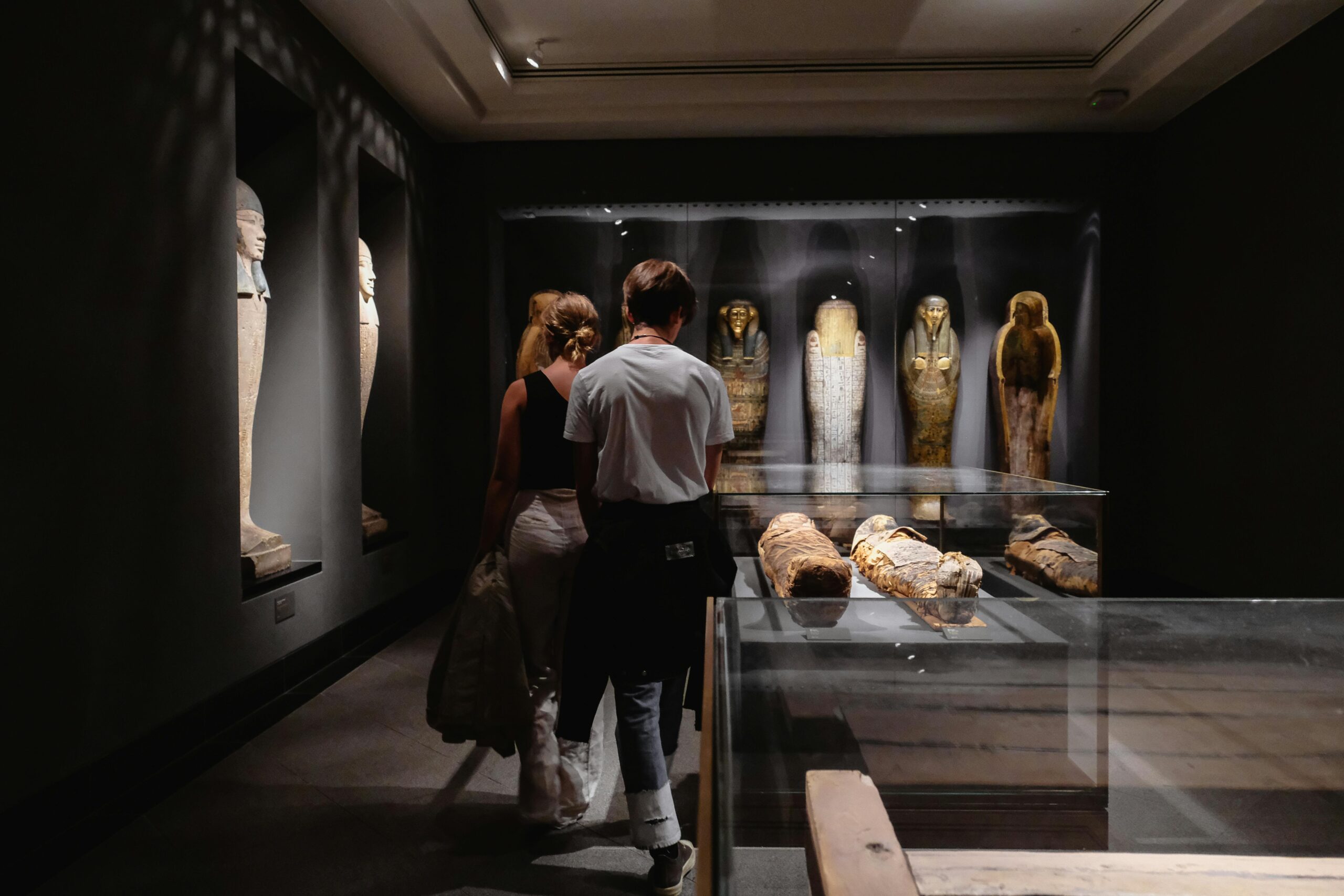Studying abroad is an enriching experience that offers students the opportunity to immerse themselves in new cultures, broaden their perspectives, and acquire valuable skills. However, for many international students, language barriers can pose significant challenges to academic success and social integration. In this comprehensive guide, we will explore various resources and strategies that can help international students overcome language barriers while studying abroad.
Body:
I. Understanding the Challenges of Language Barriers
A. Linguistic Differences:
- Variations in Pronunciation and Accent
- Differences in Vocabulary and Grammar
- Cultural Context and Idioms
B. Communication Challenges:
- Difficulty Expressing Thoughts and Ideas
- Misinterpretation of Nuances and Intentions
- Fear of Speaking or Making Mistakes
C. Academic Implications:
- Challenges in Understanding Lectures and Reading Materials
- Writing Essays and Reports in a Second Language
- Participating in Classroom Discussions and Group Projects
II. Resources for Language Support
A. Language Courses and Programs:
- Intensive Language Courses
- Language Exchange Programs
- Online Language Learning Platforms
B. Tutoring and Language Centers:
- Peer Tutoring Services
- Professional Language Instructors
- Conversation Partnerships
C. Language Laboratories and Multimedia Resources:
- Interactive Software and Apps
- Multimedia Learning Materials
- Virtual Reality Language Simulations
III. Strategies for Improving Language Proficiency
A. Immersive Language Practice:
- Engaging with Native Speakers
- Joining Language Clubs and Cultural Organizations
- Participating in Language Exchanges or Tandem Learning
B. Active Listening and Reading:
- Watching Movies and TV Shows in the Target Language
- Reading Books, Newspapers, and Online Articles
- Listening to Podcasts and Audio Recordings
C. Regular Practice and Feedback:
- Setting Realistic Language Learning Goals
- Practicing Speaking and Writing Daily
- Seeking Feedback from Peers and Instructors
IV. Cultural Integration and Adaptation
A. Cultural Awareness Workshops and Orientation Programs:
- Understanding Cultural Norms and Etiquette
- Navigating Social Interactions and Relationships
- Overcoming Culture Shock and Homesickness
B. Building Social Networks:
- Participating in Student Clubs and Activities
- Attending Cultural Events and Festivals
- Forming Friendships with Local and International Students
C. Seeking Support from Counseling Services:
- Addressing Emotional and Psychological Challenges
- Coping with Stress and Academic Pressure
- Accessing Mental Health Resources and Support Groups
Conclusion:
Studying abroad offers countless opportunities for personal and academic growth, but language barriers can present significant obstacles along the way. By understanding the challenges of language barriers, utilizing available resources, and implementing effective strategies, international students can overcome these challenges and thrive in their academic pursuits and cultural experiences abroad. Remember, language learning is a journey that requires patience, dedication, and a willingness to step out of your comfort zone. With the right support and determination, international students can turn language barriers into opportunities for linguistic and cultural enrichment.






